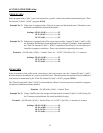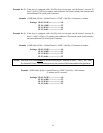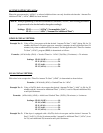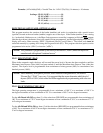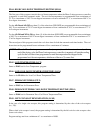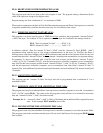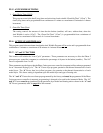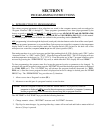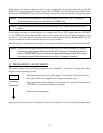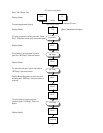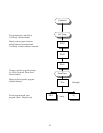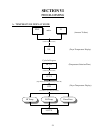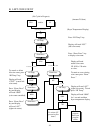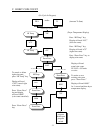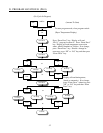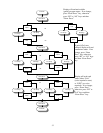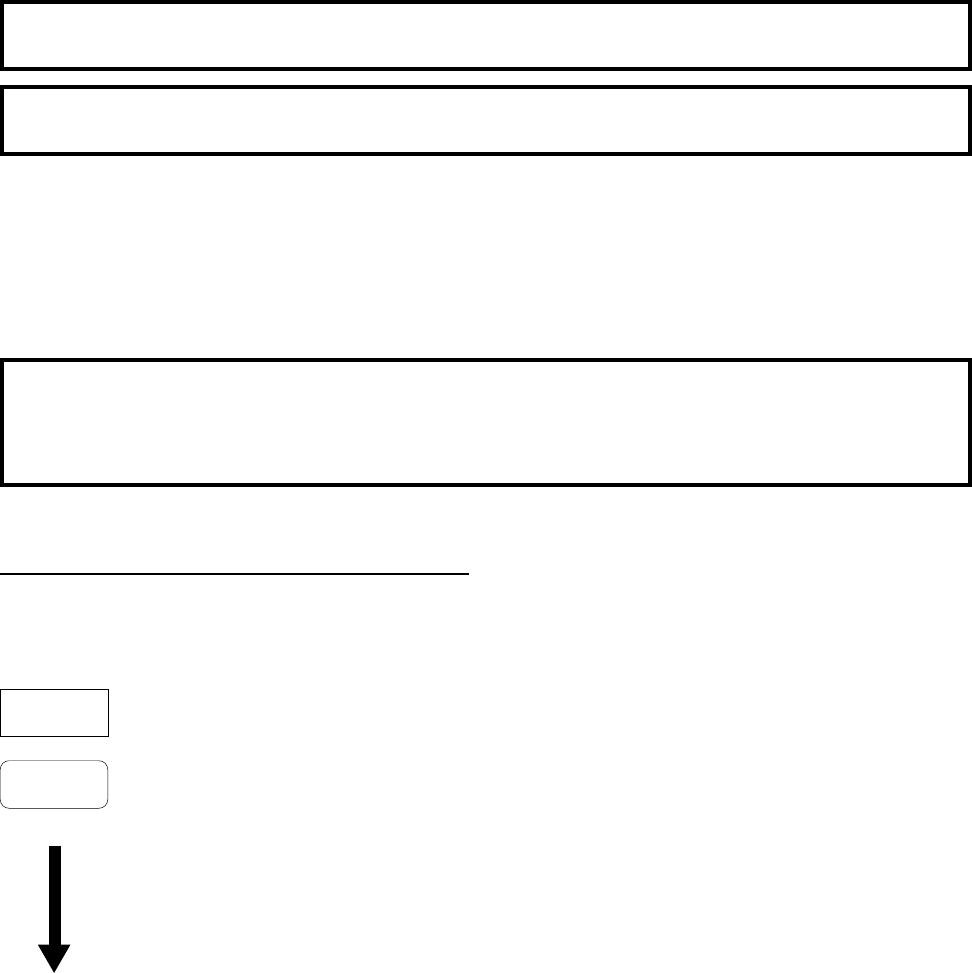
26
If the change to be made is a numerical one (i.e., time or temperature), the operator must now press the “HI
TEMP” key to increase the number value, or press the “LO TEMP” key to lower/increase the number value.
Pressing the “PERM PRESS” key will store the change and advance to the next step (bit) or program location.
NOTE: To accelerate increase/upward value, press and hold in “HI TEMP” key. To accelerate
decrease/downward value, press and hold in “LO TEMP” key.
NOTE: When making numerical changes, please keep in mind to stay within the programming limits
shown.
If the change to be made is a status change (i.e., to change from °FAr to °CEL) simply press the “HI TEMP”
or “LO TEMP” key and the light emitting diode (L.E.D.) display will revert back and forth between status
choices (i.e. “Grd” and “nGrd”). Once the correct status is displayed, pressing the “PERM PRESS” key will
store the change and advance to the next step (bit) or program location.
Once the change or changes desired are made, to exit program mode flip up (open) the Program Switch (PS).
NOTE: You can exit the programming mode at any time (even if you are in the middle of a program
location) by simply opening the Program Switch (PS). However, if a change was made be
sure the “PERM PRESS” key is pressed before opening the Program Switch (PS) to insure
the change was stored in the microprocessor controller’s (computer’s) memory.
B. PROGRAMMING (FLOWCHARTS)
This section explains the programming through the use of flowcharts. A flowchart is nothing more than a
diagram of the programming process.
Represents the microprocessor L.E.D. display. For example, if the flowchart shows
the symbol “FILL,” the computer L.E.D. display will read the same.
Represents the key on the label that is to be pressed. For example, if flowchart shows
“HI TEMP,” you would press that key on the label.
Represents the program path.
On the side of each flowchart is an explanation of the chart procedures, in some cases, the programming limits.



